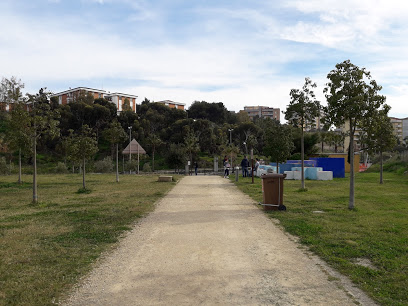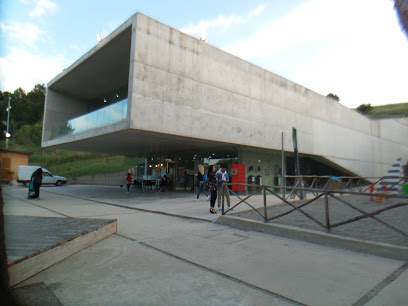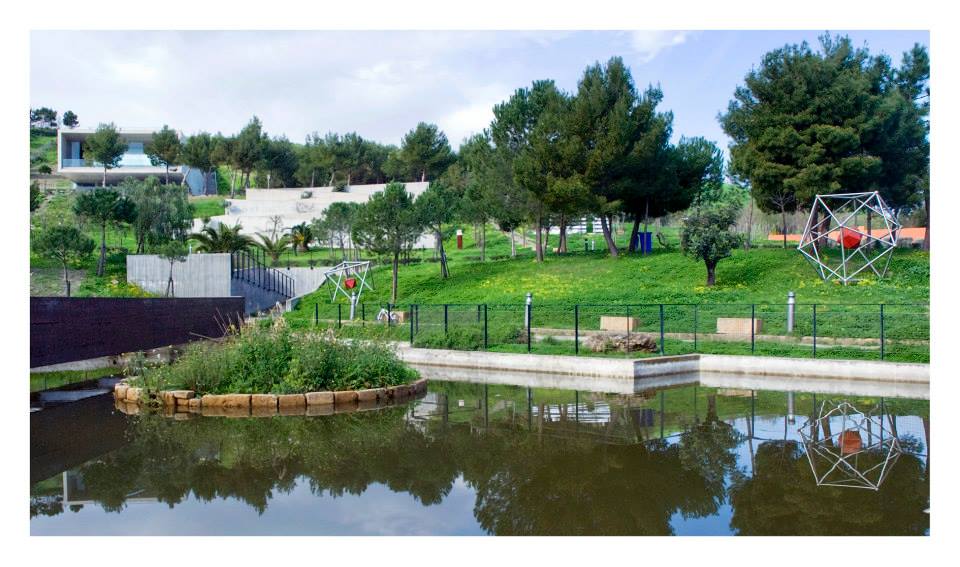In 2001, Crotone Municipality, through the Economic and Social Revitalization Program (Pic Urban 2), ranked first for European funding.
The idea was to be able to recreate an original educational / philosophical context, fun and perfect harmony with nature! Why not create a park and museum dedicated to Pythagoras and his thought, as for years the head of the mathematics department (Croton) Carmen Mazi, had dreamed?
Parco Pignera, Crotone's green lung, an 18-hectare hillside located perfectly on the hillsides, is well suited for the implementation of the project; in 2003, as part of PicUrban 2, the Municipality of Croton promoted the Ideas Competition to build gardens and museum. Today the Pythagorean Gardens are a reality. The park is an opportunity for visitors and residents to learn about the world of science in a dimension that also brings them closer to mathematics and nature, in line with the Pythagoreans.
The goal of the park is not only to address students and young people, (even if this is a primary goal of the project, because they are more open than other age groups to new technologies, and because they need to put the context of their cultural experiences in the past context, catching affiliations and differences with the present). We welcome visitors of all ages, including tourists from the English-speaking world. In particular, the latter can enjoy localized and improved multimedia content for English.
Pythagoras Park is a concrete testimony to the enduring value of research and the vitality of past discoveries, through subsequent reformulation and also overcoming them by virtue of new discoveries and ideas. Thus, Croton considers himself the "city of Pythagoras" again, not only for the historical and spiritual existence of the philosopher, but also for the call of knowledge addressed to the men of the twenty-first century, who must combine the past and the present, classical and modern to live with the fullness of the future that awaits them.





